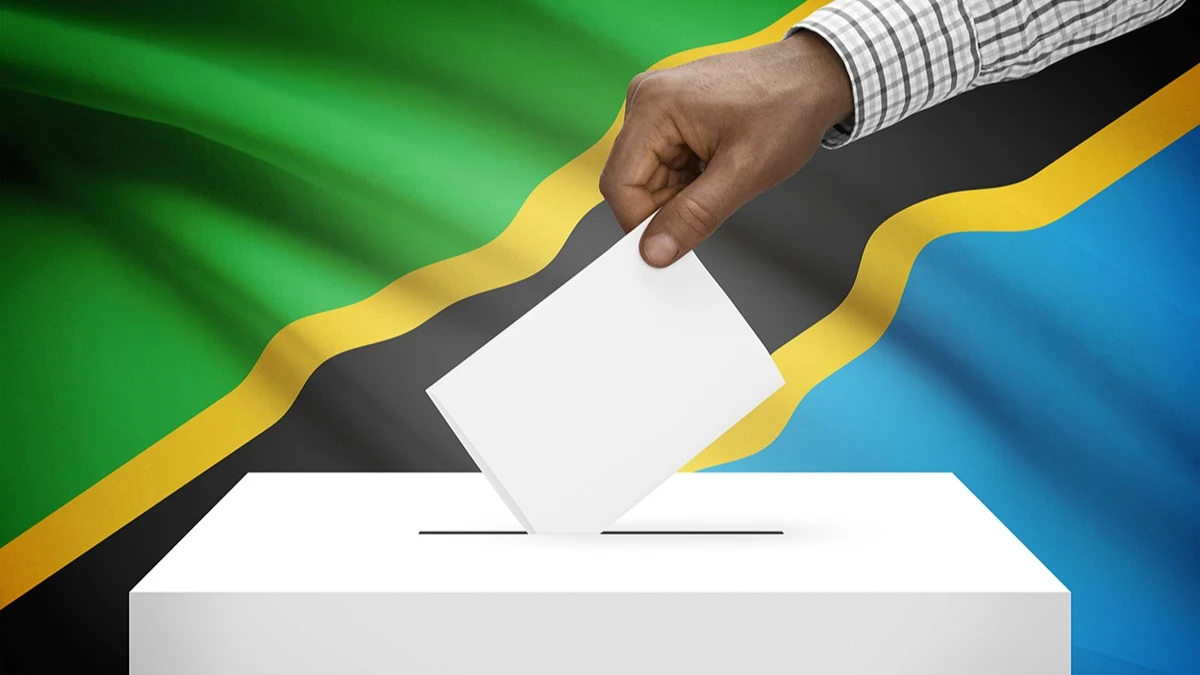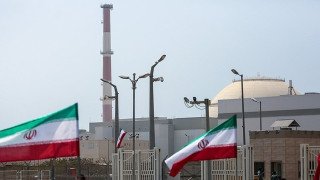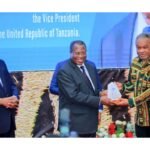As Tanzania moves closer to its highly anticipated 2025 general elections, the Chairperson of the Independent National Electoral Commission (INEC), Justice Jacobs Mwambegele, has made a strong case for ethical recruitment and professional conduct in electoral preparations.
Speaking at the opening of a three-day training workshop in Morogoro on July 15, Mwambegele emphasized that polling station officers must be selected based on merit and competence, not political favoritism or personal connections.
The workshop brought together officials from Dodoma, Singida, and Morogoro—key regions that will play a significant role in managing logistics, voter outreach, and dispute resolution during the polls.
“We want to restore confidence in the voting process,” said Justice Mwambegele. “This starts with ensuring that those in charge of polling stations are competent, trained, and ethical.”
The INEC boss reminded officials that the electoral process must reflect transparency, accountability, and rule of law. He strongly advised against nepotism and emphasized that all appointments should align with the Electoral Laws of Tanzania.
Justice Mwambegele also called for greater cooperation with political parties, stressing that early identification of polling centres would allow all parties—regardless of affiliation—to organize, prepare agents, and monitor the process.
“Every party has the right to participate equally. By planning early and sharing locations transparently, we ensure that no group is left behind,” he said.
INEC has made political inclusivity a priority in 2025, aiming to improve confidence in a multi-party democracy where fairness is often a contested subject.
Also Read; Kuwaiti Prince’s Faith Confession Sparks Stir
The Chairperson emphasized that polling stations must open at 7:00 a.m. sharp on election day. Delays, he warned, can disenfranchise voters and create fertile ground for election-related disputes.
“We are not just organizing a one-day event—we are stewarding a national process,” he said, underlining that elections involve preparation, execution, and post-vote accountability.
The workshop is part of INEC’s broader efforts to ensure that all regional and constituency-level supervisors are prepared for the complexities of modern election management. Participants underwent training on topics including procurement rules, ICT systems, voter logistics, and legal compliance.
According to one regional officer from Singida, the session was “an eye-opener that clarified how every action we take reflects on the integrity of the election.”
As Tanzania approaches a pivotal year, INEC is working to ensure that every stage of the electoral process is rooted in good governance. Mwambegele’s directive signals a shift toward more professional, non-partisan election administration, and a growing public expectation for clean, credible elections.







